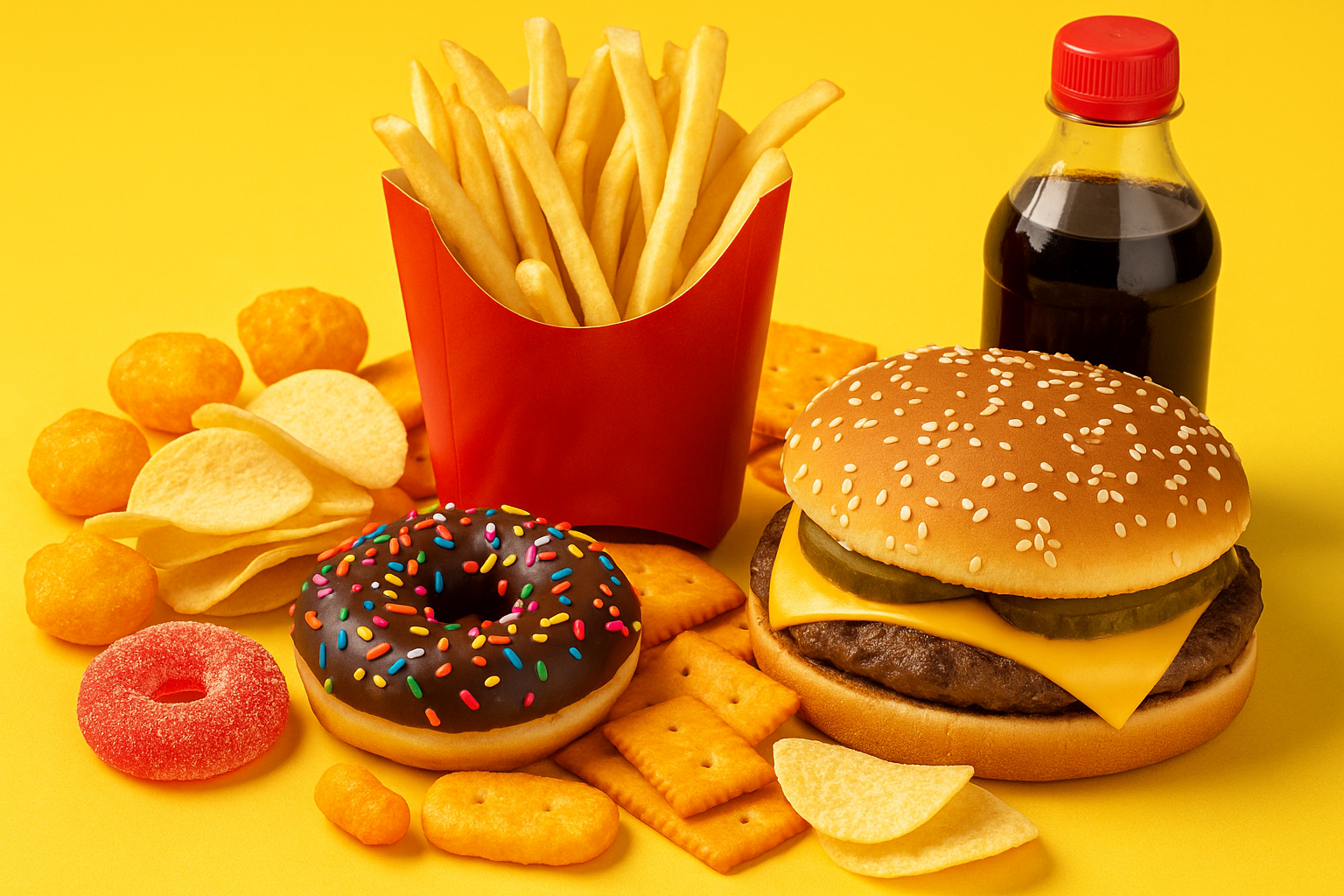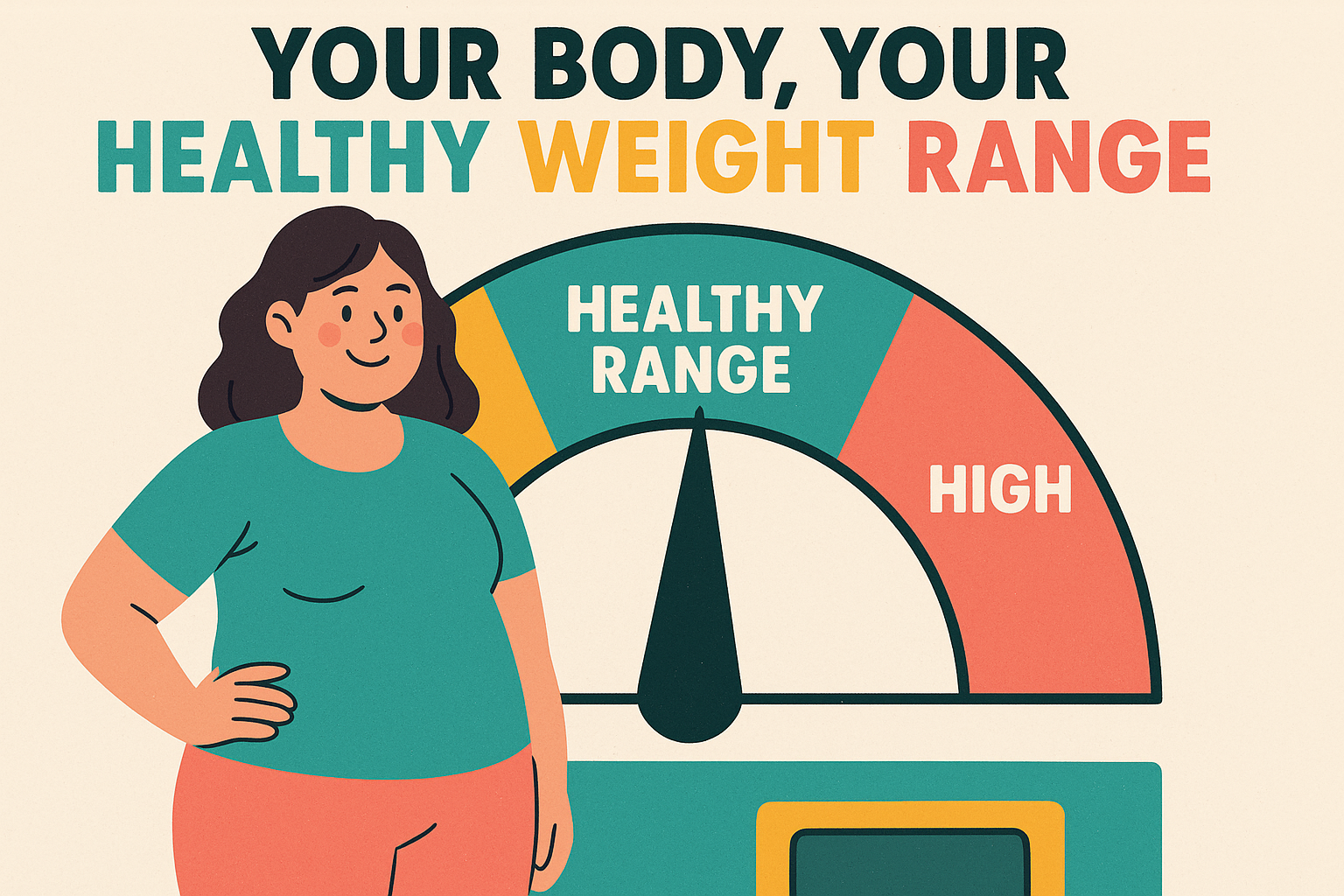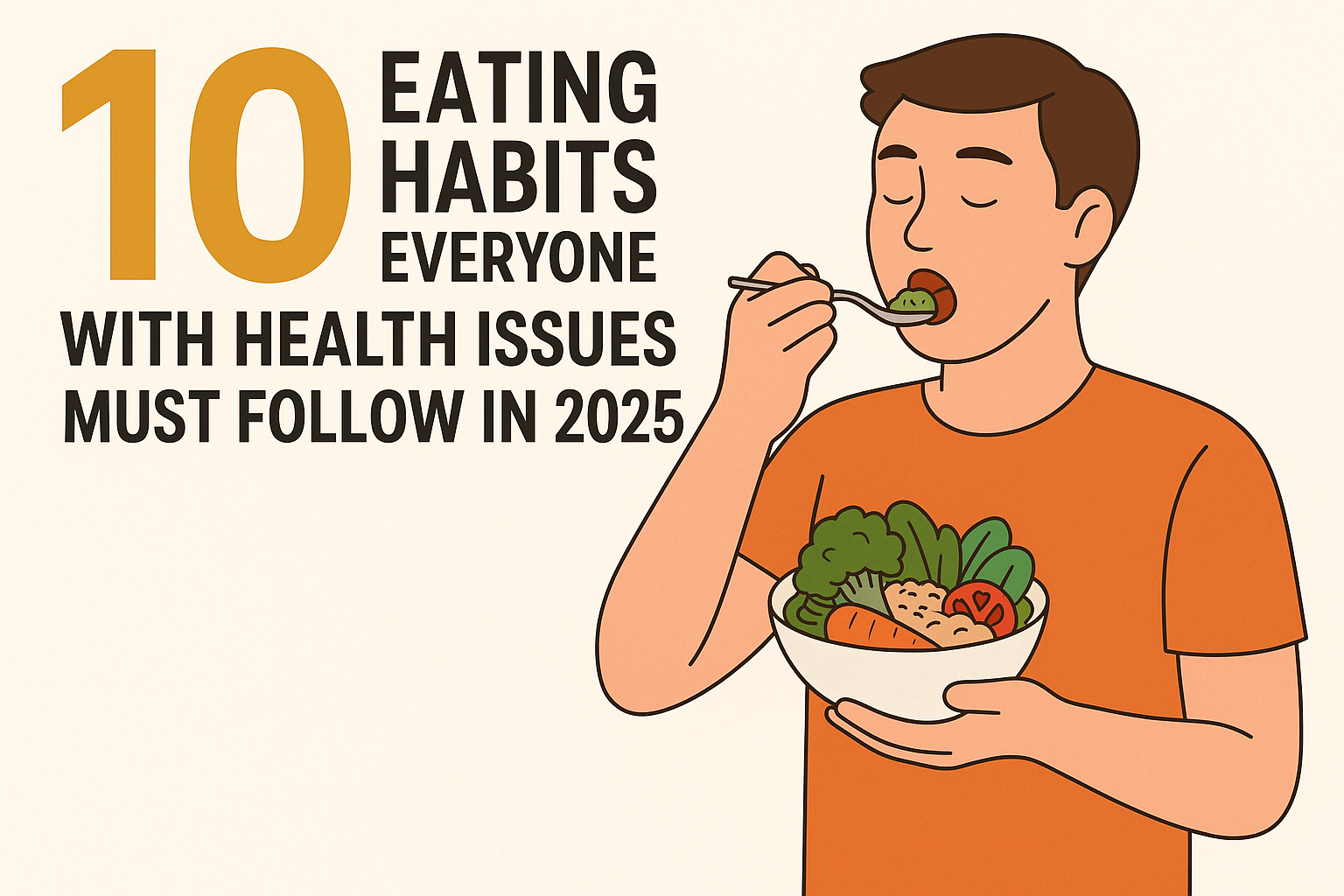Key Takeaways:
- UPFs significantly increase risk of early death.
- They’re linked to 32 serious health conditions.
- Reducing UPF intake can be a powerful preventive health measure.
- Global action is urgently needed to combat their rise.
Ultra-processed foods (UPFs) — those easy-to-grab snacks, frozen meals, and sugar-packed beverages — might be more dangerous than we ever imagined. A groundbreaking new study, published in the American Journal of Preventive Medicine, has revealed a strong link between high UPF consumption and premature deaths across eight countries, including the United States, United Kingdom, Brazil, and Australia.
With UPFs creeping deeper into our diets and replacing traditional, whole-food meals, the findings sound a loud global alarm: industrialized food isn’t just unhealthy — it could be deadly.
What Are Ultra-Processed Foods?
UPFs are not your average packaged goods. These are heavily engineered, ready-to-eat or heat foods made mostly from artificial ingredients — think preservatives, colorants, emulsifiers, and synthetic sweeteners. They often lack any real whole-food content and are crafted for maximum shelf life, convenience, and crave-worthiness.
Examples include:
- Instant noodles
- Packaged snacks and chips
- Frozen pizzas and ready-meals
- Sugary breakfast cereals
- Soda and sweetened drinks
The Study: Diets That Kill?
The study analyzed national dietary and mortality data from eight countries — Australia, Brazil, Canada, Chile, Colombia, Mexico, the United Kingdom, and the United States — to assess how the percentage of calories from UPFs correlates with premature deaths.
And the results were chilling.
Key Findings of the Study
✅ Each 10% increase in the share of UPFs in a person’s diet raises their risk of all-cause mortality by 3%.
✅ Countries with higher UPF consumption, like the United States, where over 50% of calories come from UPFs, see significantly more premature deaths.
🔴 In 2018 alone, 124,000 early deaths in the U.S. were linked to UPFs.✅ In countries with lower UPF consumption, like Colombia (15% of energy intake), the death burden is smaller—but rising fast.
✅ The study estimates that UPFs are responsible for 4% to nearly 14% of premature deaths, depending on the level of national consumption.
✅ High intake of UPFs has been linked to at least 32 serious health conditions, including:
- Cardiovascular diseases
- Obesity
- Type 2 diabetes
- Certain cancers
- Depression
Dr. Eduardo Augusto Fernandes Nilson, lead researcher from the Oswaldo Cruz Foundation (Fiocruz), Brazil, noted:
“Ultra-processed foods don’t just harm health because they’re high in sugar, salt, or trans fats. The very nature of how they’re made — through aggressive industrial processing and chemical additives — has a broader toxic effect on the body.”
A Disease Menu: 32 Conditions Linked to UPFs
The study identified that high UPF consumption is associated with 32 serious diseases, including:
- Cardiovascular disease
- Obesity
- Type 2 diabetes
- Certain cancers
- Depression and mental health disorders
This is the first time researchers have been able to quantify the link between UPFs and all-cause mortality on a global scale — highlighting a critical need for urgent intervention.
Why This Matters More Than Ever
As convenience trumps nutrition in our busy lives, ultra-processed foods are displacing fresh, whole ingredients in nearly every corner of the globe — not just in wealthy nations, but also in emerging economies.
Yet the consequences are universal: sicker societies, overburdened healthcare systems, and shortened lifespans.
We need to take call for bold global policy action, including:
- Stricter food labeling
- Fiscal policies like higher taxes on UPFs
- Public awareness campaigns
- Incentives for whole-food consumption
Final Thoughts: Is It Time to Break Up with Convenience?
This study should serve as a wake-up call—not just for policymakers but for all of us. The next time you’re at the grocery store or ordering food, remember:
More processing = More risk.
Closer to nature = Longer life.
📝 Note: This article is for educational purposes only. Always consult with a qualified healthcare provider before making significant changes to your diet.



